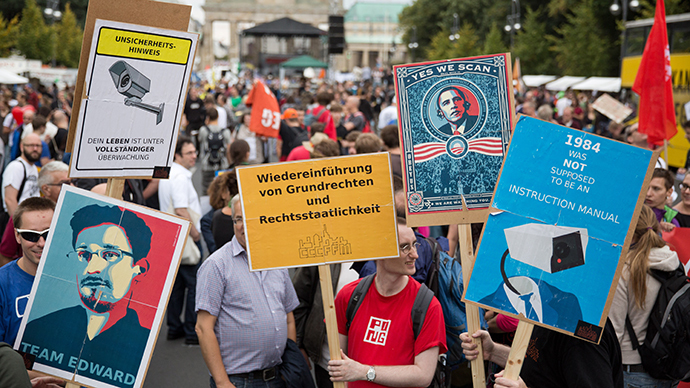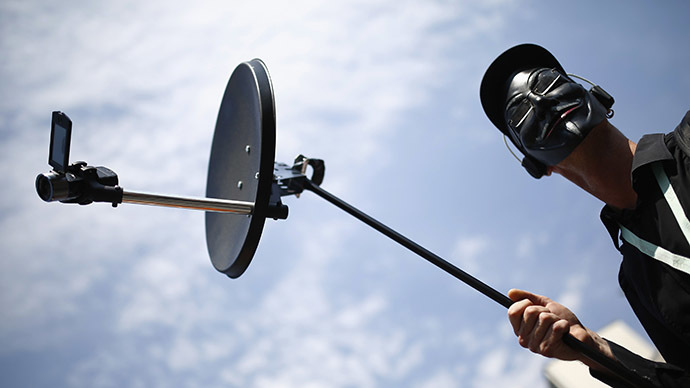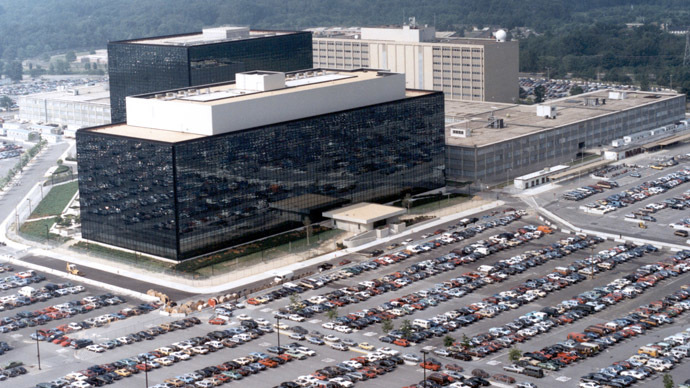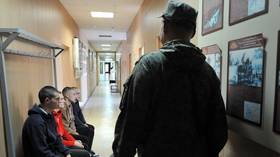Secret report cited in NSA surveillance lawsuit, govt silent on its existence

Civil rights and federal attorneys sparred at a hearing over a case involving domestic dragnet surveillance by the federal government. The plaintiffs argued the searches are illegal, while the government said opponents don’t have enough evidence to know.
The hearing, requested by the Electronic Frontier Foundation (EFF) for a partial summary judgment, concerns the class action lawsuit, Jewel v. NSA, which was filed six years ago. It claims the National Security Agency (NSA) acquired AT&T customers’ email and other data using surveillance devices attached to the company’s network.
US District Judge Jeffrey White heard argument from both sides in order to meet the plaintiffs’ July 2014 motion for a partial summary judgment on whether the government is “violating the Fourth Amendment by their ongoing seizures and searches of plaintiff’s Internet communications.” He presented both sides with a list of 12 questions.
READ MORE:Congress quietly expands NSA powers for spying on Americans
Civil rights advocates say the NSA is illegally searching and seizing Americans’ internet communications and argue the alleged surveillance is unconstitutional.

"What really matters is not what the government gains but what the plaintiffs lose: they lose privacy and control of their communications,” said Richard Wiebe, the plaintiff’s attorney, reported IDG News Service. “That's really what we're talking about. The Fourth Amendment protects us all against mass surveillance of our papers."
Judge White asked Wiebe what evidence there was that all international communications were gathered – and not just communications with suspected terrorists or hot spots.
READ MORE:NSA leak shows effort to exploit cell networks around the world
Wiebe cited a top-secret 2009 report by the NSA inspector general detailing the government’s email and internet data collection, originally published by The Guardian. Other documents, including AT&T’s first surveillance transparency report, published earlier this year, provide evidence of the program’s reach, he said.
James Gilligan, a Department of Justice attorney, said the government had never confirmed nor denied the existence of the secret 2009 report, and added that AT&T’s report only relates to the legal court orders received under the Foreign Intelligence Act.
The judge also asked whether the government was seeking an easy out by simply saying its data filtering was “automatic.”

“It’s concerning that, given the digital age, if the government can’t do something directly, but can do it by a machine, does that open the door to get around whether there was illegal search and seizure?” he said.
The government says the plaintiffs don’t have enough information about the NSA’s classified spying technique to make a valid case.
"[Plaintiffs] don’t even know the communications exist because they are electronically scanned and having been found not to have targeted selectors are destroyed in a flash before any human review," Gilligan told the court, according to courthousenews.com.
READ MORE:NSA officials ignored own expert advice to end total eavesdropping on Americans
A federal judge dismissed the case in 2010 for lack of standing, but the decision was overturned by the Ninth Circuit Court of Appeals in 2011. In the original 2008 complaint, Carolyn Jewel and the other plaintiffs alleged that the government and AT&T were engaged in an "illegal and unconstitutional program of dragnet communications surveillance conducted by the National Security Agency and other Defendants in concert with major telecommunications companies."
The evidence in the case stemmed from materials leaked by former San Francisco AT&T technician Mark Klein in 2006. The government maintains the plaintiffs have no standing and cannot establish it “without the risk of grave damage to national security.”
Judge White said he is being “very careful” in court not to disclose the classified material that’s been submitted by the government.












